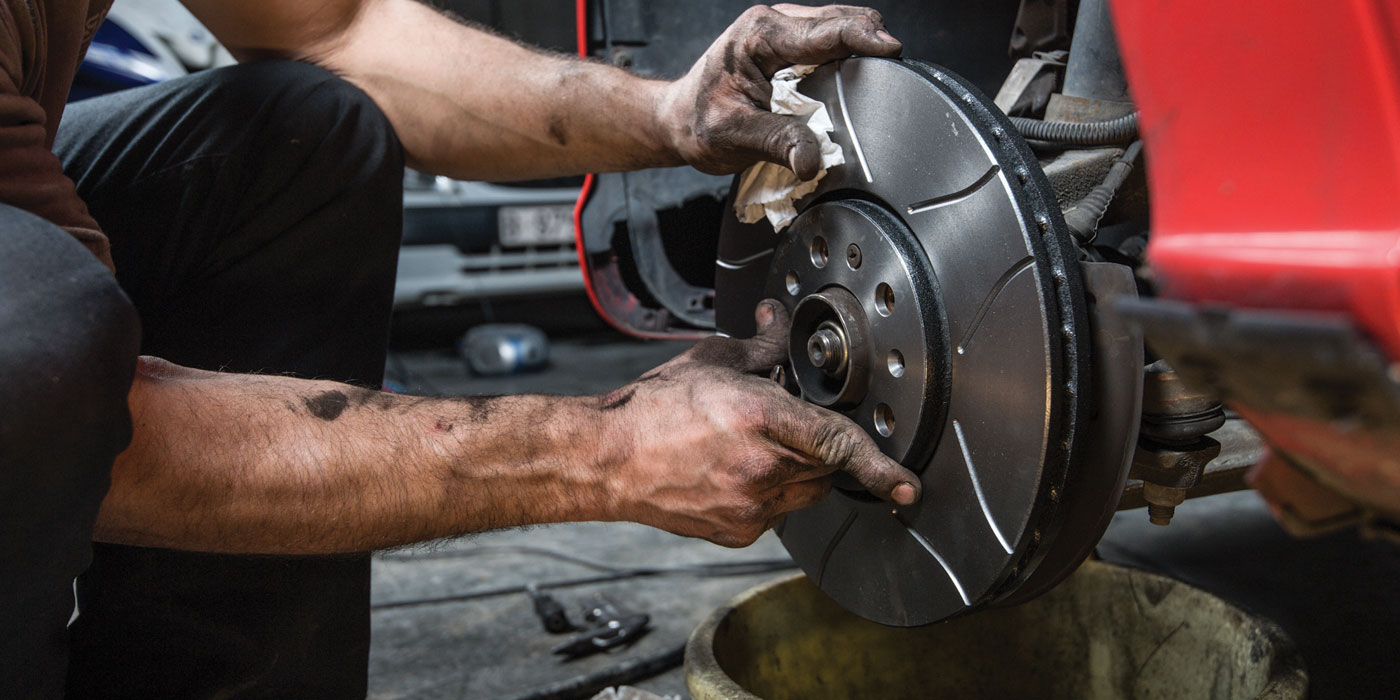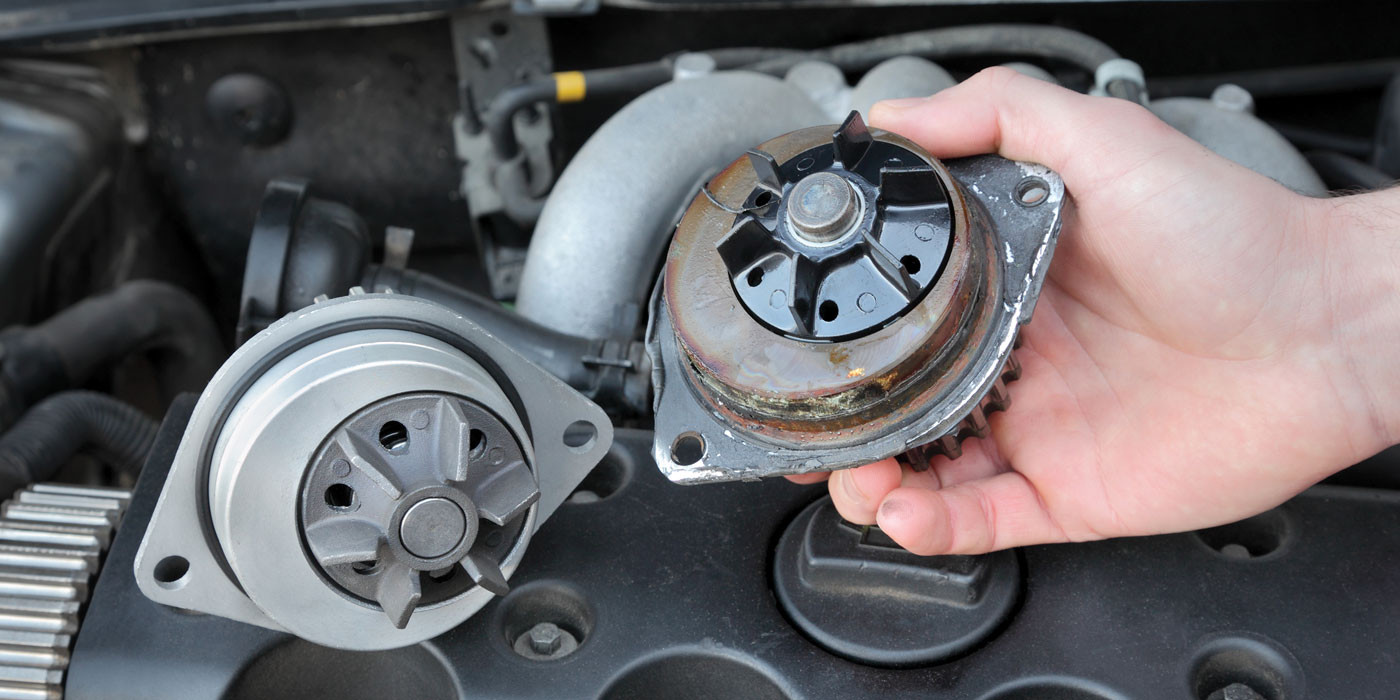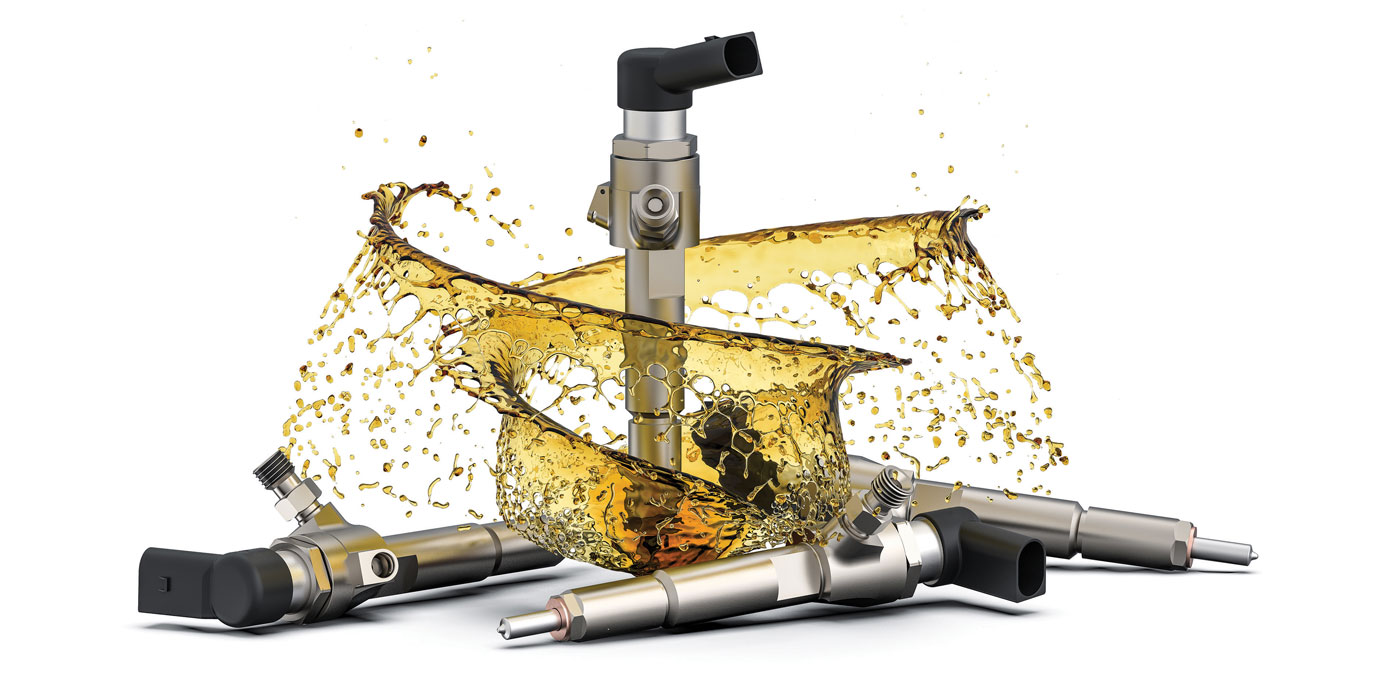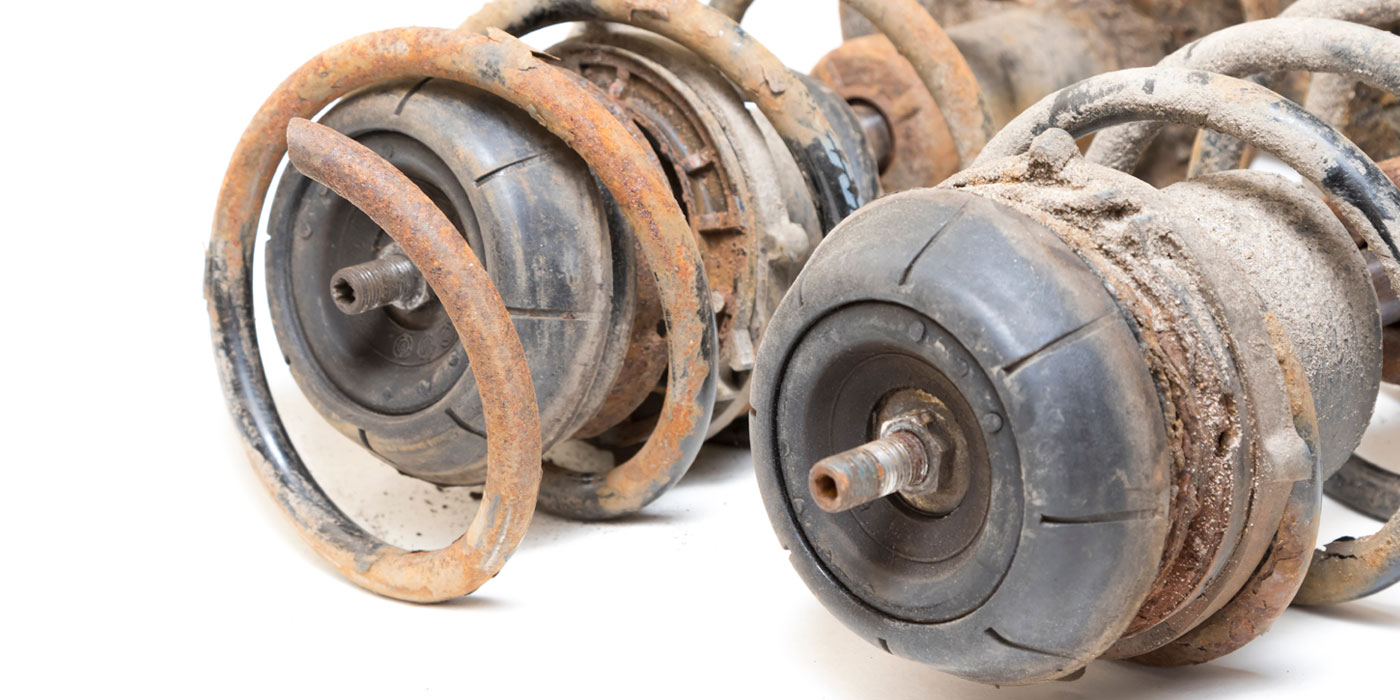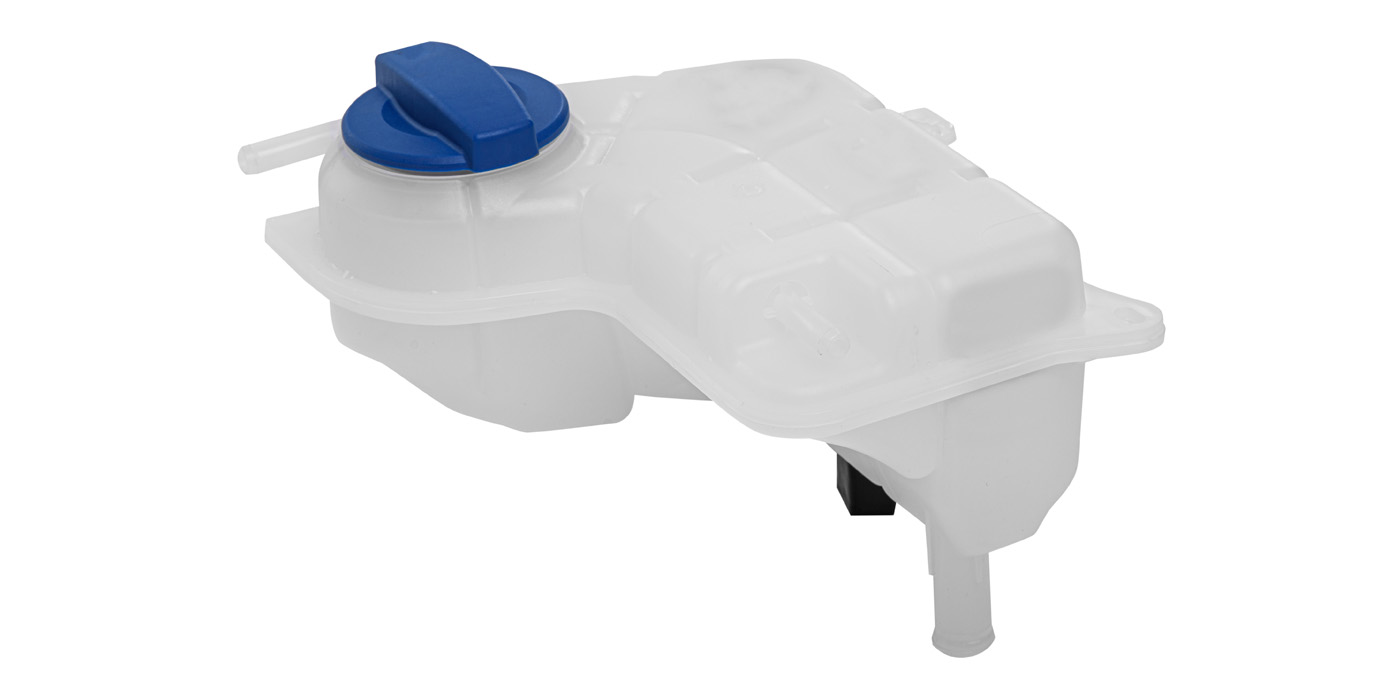A. As often as necessary to prevent them from clogging. The engine management system can compensate for a dirty air filter up to a point, but when the restriction becomes too great, engine performance and fuel economy will suffer.
A recent Car Car Council survey found that 23 percent of vehicles inspected (nearly one out of four!) had a dirty air filter that was overdue for replacement.
The factory recommended service intervals for air filters tend to be overly optimistic, with many in the 30,000-to-50,000 mile range. The life of any air filter depends on driving conditions, how much dirt the filter is exposed to, and the design of the filter itself.
Some air filters have greater “depth” and holding capacity to extend filter life. The trick is to design the filter so that it is both high-efficiency, but does not clog up too quickly or become too restrictive. A filter’s efficiency depends on the media used. Most pleated paper air filters are made of cellulose and/or synthetic fibers. The size and distribution of the fibers determines the filter’s ability to trap dirt, the amount of dirt it can hold and the amount of restriction it creates to the incoming air. Better-quality filters may be treated to make them water-resistant. Rain and road splash can sometimes enter the air filter housing where it can make untreated paper filter media swell and deteriorate.
The air filter should always be checked when the oil is changed or when other maintenance is performed. Tapping or blowing out a dirty air filter doesn’t really do much to unclog it because the smallest particles will remain embedded in the media where they are likely restricting airflow. Holding a bright shop light behind the filter element is the best way to inspect it.
Q. How often should fuel filters be replaced?
A. Most late-model vehicles have no factory-recommended service for the fuel filter because the filter is a “lifetime” filter part of the fuel pump assembly buried inside the gas tank. So the only recommendation is to replace it if it is clogged or the fuel pump is being replaced. New fuel pump modules usually come with a new filter as part of the assembly, but if a customer is replacing the pump separately he should also change the filter and pickup screen.
On vehicles that have inline fuel filters, there may be a recommended service interval (typically 50,000 miles). But if the filter becomes clogged with dirt, rust or sediment from the fuel tank, it may have to be replaced sooner. Frequent fuel filter clogging would tell you the fuel tank is being contaminated with outside dirt, or it is rusting (a steel tank), or is flaking (older plastic tank). The fix here may require cleaning or replacing the fuel tank.
A common symptom of a clogged fuel filter is loss of high-speed power caused by a restriction in fuel flow when engine demand is high. If the filter becomes completely blocked, it will starve the engine for fuel causing the engine to die. Technicians will often cut open a clogged fuel filter to find out what caused it to clog up.


